No products in the cart.
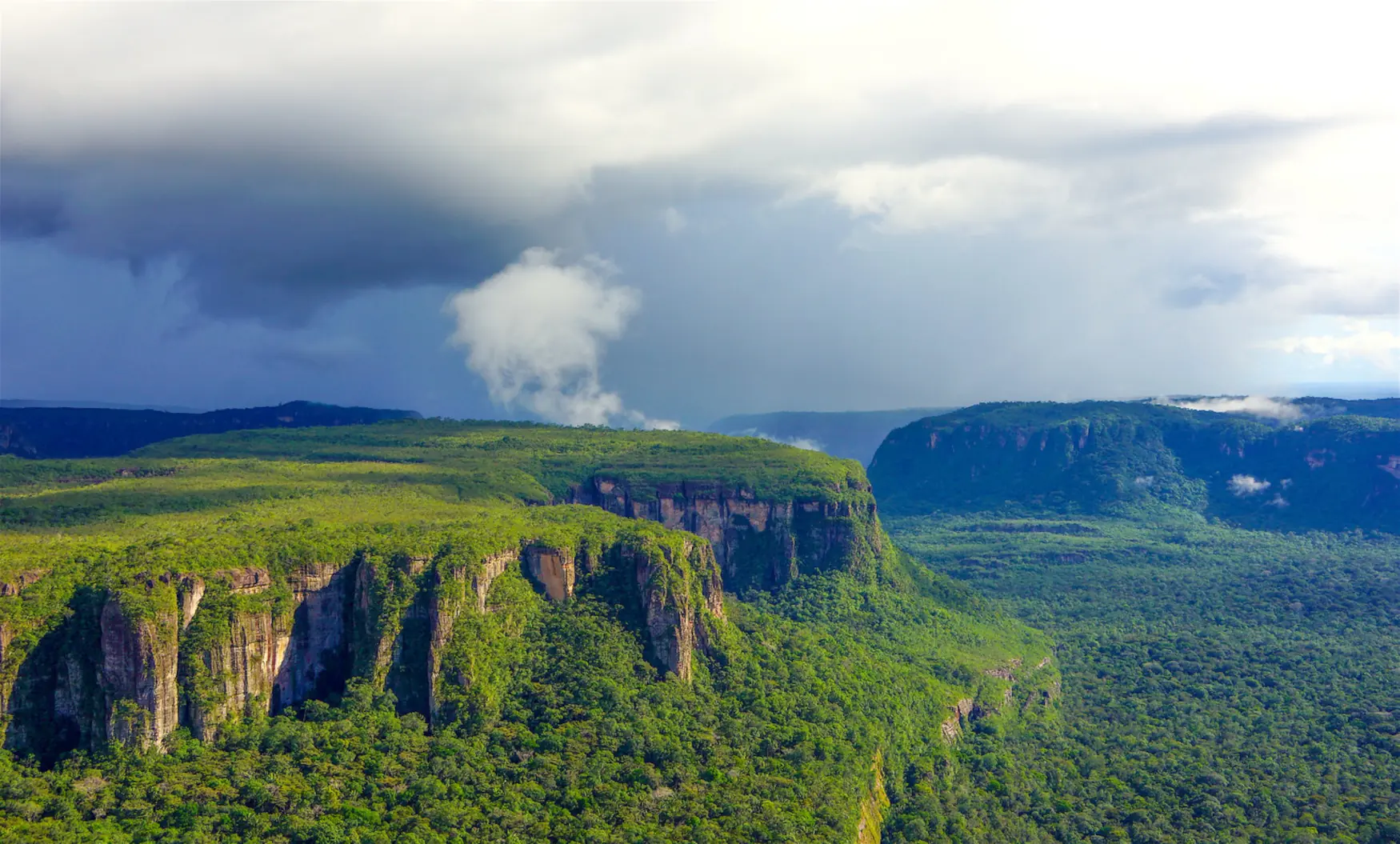
Protecting Chibiriquete Forests: 7 Proven Strategies for Saving a Global Treasure
Contents
- 1. A Comprehensive Analysis
- 2. The Role of Indigenous Communities
- 3. A Kaleidoscope of Flora
- 4. Rock Art, Memory, and Landscape
- 5. Richness of Fauna
- 6. Assessing Carbon Sequestration Capacity
- 7. Global Significance
- 8. Threats and Conservation Challenges
- 9. Harnessing Data Science for Conservation
- 10. Methods & Data Transparency
- 11. Conclusion: Protecting Chibiriquete Forests for the Future
- References
- Further Reading
- FAQ: Chiribiquete Forest — Conservation, Data & Ethics
- Why is the Chiribiquete Forest globally significant?
- How does FPIC apply to research and monitoring in Chiribiquete?
- What technologies track change without harming the landscape?
- What are the limits of AI for biodiversity monitoring here?
- How do we protect rock art while enabling science and education?
- How should data sovereignty be handled for Chiribiquete?
- Who decides when openness becomes risky for species or communities?
- What does “ethics by design” look like in our data systems?
- How can conservation financing (e.g., PES, REDD+) avoid extractive dynamics?
- How can people support protecting the Chiribiquete Forest today?
- Author
1. A Comprehensive Analysis
Nestled deep within the Colombian Amazon, the Chiribiquete Forest—often referred to as the “Sistine Chapel of the Amazon” for its breathtaking pictographs—hosts an estimated 10% of the world’s species. This extraordinary concentration of life makes it a keystone in planetary ecological networks. The health of this single forest influences rainfall patterns far beyond its borders, supports regional river systems, and plays a measurable role in the global carbon cycle. Chiribiquete is more than a physical location; it is a convergence zone of different ways of knowing. Here, the methods of Western science meet the relational stewardship of Indigenous peoples, while political decisions shape the possibilities for both. Traditional field ecology offers a close-up, human-scale view of species interactions and habitat conditions. However, it is inherently limited to what human senses can perceive and what researchers have the time and resources to measure. Advances in data science now allow us to perceive dimensions of ecosystem health previously invisible. Through multi-spectral satellite imagery, LiDAR mapping, and acoustic monitoring, we can detect vegetation stress before it becomes visible, map hidden wildlife corridors, and track seasonal changes in unprecedented detail. Yet, even these powerful tools are not without their biases. Models are built upon historical data, constrained by the assumptions of their creators, and inevitably shaped by the political and economic systems that fund and deploy them. This is why conservation metrics—such as carbon sequestration rates—must be interpreted critically. They are invaluable for policy and climate models, but they do not capture the full spectrum of values a forest holds. In asking whether we are preserving Chiribiquete itself or merely the aspects of it that we can quantify, we open the door to more holistic, just, and effective conservation strategies.1.1 Seven Proven Strategies for Saving a Global Treasure
Drawing from decades of ecological research, Indigenous leadership, and field-tested conservation measures, the following strategies offer a blueprint for safeguarding Chiribiquete for future generations:- Empower Indigenous Stewardship: Secure legal recognition of ancestral territories and fully integrate Traditional Ecological Knowledge (TEK) into conservation planning.
- Expand Protected Zones: Create buffer areas that block illegal extractive activities and maintain ecological corridors essential for species migration.
- Enhance Scientific Monitoring: Combine high-resolution satellite data, bioacoustic monitoring, and AI-driven analytics for near-real-time ecological assessment.
- Promote Sustainable Livelihoods: Support community-led enterprises, including eco-tourism and cultural heritage projects, that align economic incentives with conservation goals.
- Strengthen Climate Mitigation Efforts: Optimize carbon storage and sequestration by protecting intact forests and restoring degraded areas.
- Increase Global Awareness: Use multimedia storytelling, peer-reviewed research, and educational outreach to keep Chiribiquete in the public and political consciousness.
- Foster International Collaboration: Engage in cross-border initiatives that connect Chiribiquete to larger bioregional conservation strategies.
1.2 An Epistemic Lens: Who Gets to Define “Protection”?
Defining “protection” is as political as it is scientific. In the context of Protecting Chibiriquete Forests, the epistemic framework we choose determines what evidence counts, whose voices matter, and which priorities take precedence.- Plural Evidence: Integrate data from satellites, field studies, genetic analyses, and Indigenous oral histories to form a multi-layered understanding of ecosystem health.
- Model Humility: Acknowledge that models simplify reality. Explicitly state limitations, confidence ranges, and assumptions.
- Value Transparency: Separate metrics shaped by scientific limits from those influenced by policy or market economics, such as carbon pricing schemes.
2. The Role of Indigenous Communities
2.1 Threat of Cultural Displacement
Illegal mining, land grabs, and infrastructure expansion threaten not only biodiversity but also the continuity of Indigenous lifeways. Displacement erodes language, spirituality, and ecological knowledge that have been honed over centuries of reciprocal care with the land.2.2 Policy for Rights and Co-management
Evidence consistently shows that Indigenous-managed lands have lower deforestation rates. Policies must enshrine Free, Prior, and Informed Consent (FPIC) and promote co-management frameworks where monitoring systems are co-designed, data is co-owned, and benefits are equitably shared.3. A Kaleidoscope of Flora
With more than 3,000 documented vascular plant species, the Chiribiquete Forest is a living botanical mosaic where evolutionary history and ecological function converge. Towering emergent hardwoods regulate temperature, humidity, and wind; mid-story palms host epiphytes; and the understory shelters ferns, orchids, and shade-loving medicinal herbs—microhabitats that sustain pollinators, seed dispersers, and decomposers. Many plants play dual roles: they provide ecological services and serve as food, medicine, ceremonial materials, or seasonal indicators in Indigenous calendars. These associations reside in oral histories and practical knowledge that technology alone cannot infer. Satellite remote sensing and deep learning detect phenological events—leaf flush, flowering, fruiting—across vast terrain in near real-time, but for Protecting Chibiriquete Forests these datasets must be interpreted alongside Traditional Ecological Knowledge (TEK) to understand not only what changes, but why those changes matter socially, spiritually, and ecologically.4. Rock Art, Memory, and Landscape
The ancient pictographs on Chiribiquete’s sandstone escarpments are not mere ornamentation—they are encoded archives of ecological, spiritual, and historical knowledge. Crafted with mineral ochres, plant dyes, and charcoal collected in the surrounding forest, these panels portray jaguars, raptors, river fish, and ceremonial scenes alongside schematic maps of rivers and tepuis. Read together, they bind biodiversity to memory, territory to ritual, and landscape to law. To safeguard this heritage, conservation must protect the living context that gives the art its meaning: the forests that supplied pigments and resins, the rivers that enabled travel and exchange, and the species—both animal and plant—that inspired the imagery. Here, cultural preservation and biodiversity conservation are inseparable; isolating one from the other hollows out both.5. Richness of Fauna
The Chiribiquete Forest harbors an extraordinary mosaic of wildlife—over 400 bird species, more than 150 mammals, a vast diversity of amphibians and reptiles, and an unquantified multitude of invertebrates, many of which remain undescribed by science. From harpy eagles patrolling the canopy to leafcutter ants engineering nutrient cycles in the forest floor, every taxonomic group plays a role in maintaining the region’s ecological stability. Among its most emblematic inhabitants, the jaguar (Panthera onca) stands out as both a keystone species and a cultural icon. Ecologically, jaguars regulate prey populations, which in turn influences vegetation structure, seed dispersal dynamics, and trophic cascades. Culturally, they are revered in Indigenous cosmologies as guardians of balance and mediators between the human and non-human worlds. Conservation science employs GPS telemetry, camera traps, and AI-driven pattern recognition to map jaguar territories, identify ecological corridors, and assess reproductive health. Yet, safeguarding the species demands more than technology—it requires integrating Indigenous narratives and stewardship practices that ensure community alignment with jaguar protection. In Protecting Chibiriquete Forests, the survival of the jaguar is a barometer for the health of the entire ecosystem.
6. Assessing Carbon Sequestration Capacity
Tropical forests like Chiribiquete function as powerful carbon sinks, capturing and storing vast quantities of atmospheric CO2. Current estimates suggest an annual sequestration capacity of approximately 140 million metric tons of carbon—a figure that carries substantial weight in global climate models and policy frameworks. Advances in LiDAR scanning, hyperspectral imaging, and AI-based biomass modeling now allow for unprecedented precision in quantifying both aboveground and belowground carbon stocks. By integrating these datasets with climate simulations, scientists can predict how sequestration rates might shift under different warming scenarios, enabling more targeted mitigation strategies under agreements like the Paris Accord. Protecting Chiribiquete is thus not only a matter of local biodiversity preservation—it is a measurable and irreplaceable contribution to global climate stability.7. Global Significance
The influence of Chiribiquete extends far beyond its geographic boundaries. Acting as a hydrological engine, the forest regulates rainfall patterns across the Amazon Basin, buffers temperature extremes, and mitigates the severity of droughts and floods. Its intact ecosystems sustain biodiversity corridors critical for species migration in response to climate change. While these functions are often framed as “ecosystem services” with economic value, their intrinsic worth—as evolutionary heritage, cultural sanctuary, and planetary life-support system—cannot be reduced to market terms. Protecting Chibiriquete Forests means safeguarding both the tangible benefits and the intangible values that make this landscape unique.8. Threats and Conservation Challenges
Despite its UNESCO World Heritage designation, Chiribiquete faces persistent threats: illegal gold mining and timber extraction, land grabbing by speculative interests, agricultural expansion, and the accelerating impacts of climate change—altered rainfall patterns, increased fire risk, and biodiversity loss. The most resilient conservation strategies are rights-based and community-led, anchored in Free, Prior, and Informed Consent (FPIC). When Indigenous governance structures are integrated into legal frameworks, and when communities have both authority and resources to protect their territories, conservation outcomes improve dramatically.9. Harnessing Data Science for Conservation
9.1 Predictive Modelling
Modern conservation in Chiribiquete increasingly relies on AI systems that synthesize heterogeneous datasets: high-resolution satellite imagery for deforestation detection, bioacoustic recordings for monitoring elusive species, and hydrological models for forecasting water stress. These predictive tools can flag early-warning signs—from the spread of invasive flora to canopy dieback—long before they become visible in the field.9.2 Evidence Into Policy
Long-term, multi-scale monitoring translates directly into actionable policy: enforcing anti-deforestation legislation, zoning critical habitats, and designing Payments for Ecosystem Services (PES) programs that reward communities for maintaining forest integrity. The challenge lies not in generating data, but in ensuring that the political will, governance structures, and funding mechanisms exist to act upon it.10. Methods & Data Transparency
Credible conservation science in Chiribiquete depends on both technical rigor and ethical integrity. In a landscape where ecological complexity intersects with Indigenous sovereignty, research methodologies must be transparent, replicable, and respectful of cultural protocols. Every dataset should be accompanied by clear documentation of how it was obtained, processed, and interpreted.- Remote sensing with uncertainty reporting: Employ long-term satellite time series, LiDAR scans, and hyperspectral imagery to track vegetation health, canopy cover, and hydrological dynamics, always publishing statistical confidence intervals and methodological limitations.
- Bioacoustics & camera traps with detection adjustments: Deploy autonomous sensors and automated image recognition, correcting for detection probability to yield more accurate population estimates for elusive fauna such as jaguars and rare bird species.
- Standardized soil & carbon protocols: Apply region-specific biomass-to-carbon conversion factors, standardized sampling depths, and replicate counts; publish both mean values and variance to enable peer verification.
- Full disclosure of model assumptions: Document every analytical decision—data sources, variable definitions, and computational parameters—so that predictive models can be critically assessed and improved by other researchers.
- Respect for Indigenous data sovereignty: Obtain Free, Prior, and Informed Consent (FPIC) for all data collection, co-design monitoring systems with local communities, and ensure co-ownership of datasets. Geolocations of culturally sensitive sites should never be publicly disclosed.
11. Conclusion: Protecting Chibiriquete Forests for the Future
Protecting Chiribiquete is not solely about defending a tract of rainforest—it is about safeguarding one of Earth’s last great convergences of biodiversity, cultural heritage, and planetary climate regulation. This mission transcends national borders and disciplinary boundaries, calling for an alliance between Indigenous governance, evidence-based science, and sustained political commitment. When Traditional Ecological Knowledge (TEK) is interwoven with cutting-edge remote sensing, ecological modelling, and participatory monitoring, conservation strategies become more accurate, more legitimate, and more resilient. In doing so, we preserve not only measurable ecosystem functions—carbon storage, water cycle stability, species richness—but also the intrinsic values that defy quantification: the spiritual, historical, and relational bonds that people have with this land. The responsibility to protect Chiribiquete belongs to all of us. Every policy enacted, every dataset collected, and every voice raised in defense of this forest contributes to a future where jaguars still roam, rock art still speaks, rivers still run clear, and the forest continues to breathe for the planet.FAQ: Chiribiquete Forest — Conservation, Data & Ethics
Why is the Chiribiquete Forest globally significant?
How does FPIC apply to research and monitoring in Chiribiquete?
What technologies track change without harming the landscape?
What are the limits of AI for biodiversity monitoring here?
How do we protect rock art while enabling science and education?
How should data sovereignty be handled for Chiribiquete?
Who decides when openness becomes risky for species or communities?
What does “ethics by design” look like in our data systems?
How can conservation financing (e.g., PES, REDD+) avoid extractive dynamics?
How can people support protecting the Chiribiquete Forest today?
Author
-

Milena-Jael Silva-Morales is a systems engineer with a PhD in Urban and Territorial Systems and the founder of Ecolonical LAB, an independent research lab integrating data science, AI, and territorial systems to address local and global sustainability challenges. With over 15 years of experience leading international, multidisciplinary R&D initiatives, she is recognized for bridging science, technology, and policy to deliver transformative solutions in water, energy, and biodiversity systems.
View all posts
This article is governed by the Ecolonical Open Knowledge License (EOKL Lite V1). This license explicitly prohibits the use of its contents for AI model training, dataset integration, algorithmic processing, or automated decision-making systems. Unauthorized computational aggregation, reproduction beyond permitted terms, and any use conflicting with open knowledge principles are strictly restricted.
For legally binding terms, compliance obligations, and permitted exceptions, refer to the License Usage Policy.
Under specific conditions, this content aligns with the Creative Commons Attribution-NonCommercial-ShareAlike 4.0 International License. However, any AI-related processing, direct commercial exploitation, or automated derivative work remains subject to EOKL Lite V1 restrictions.
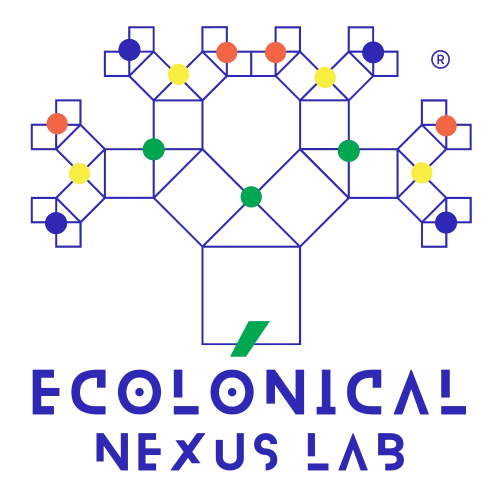
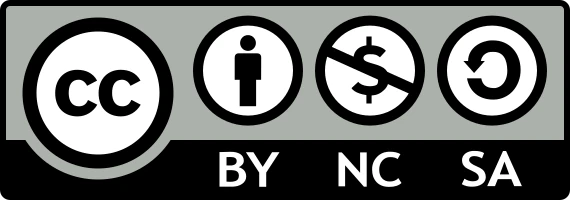

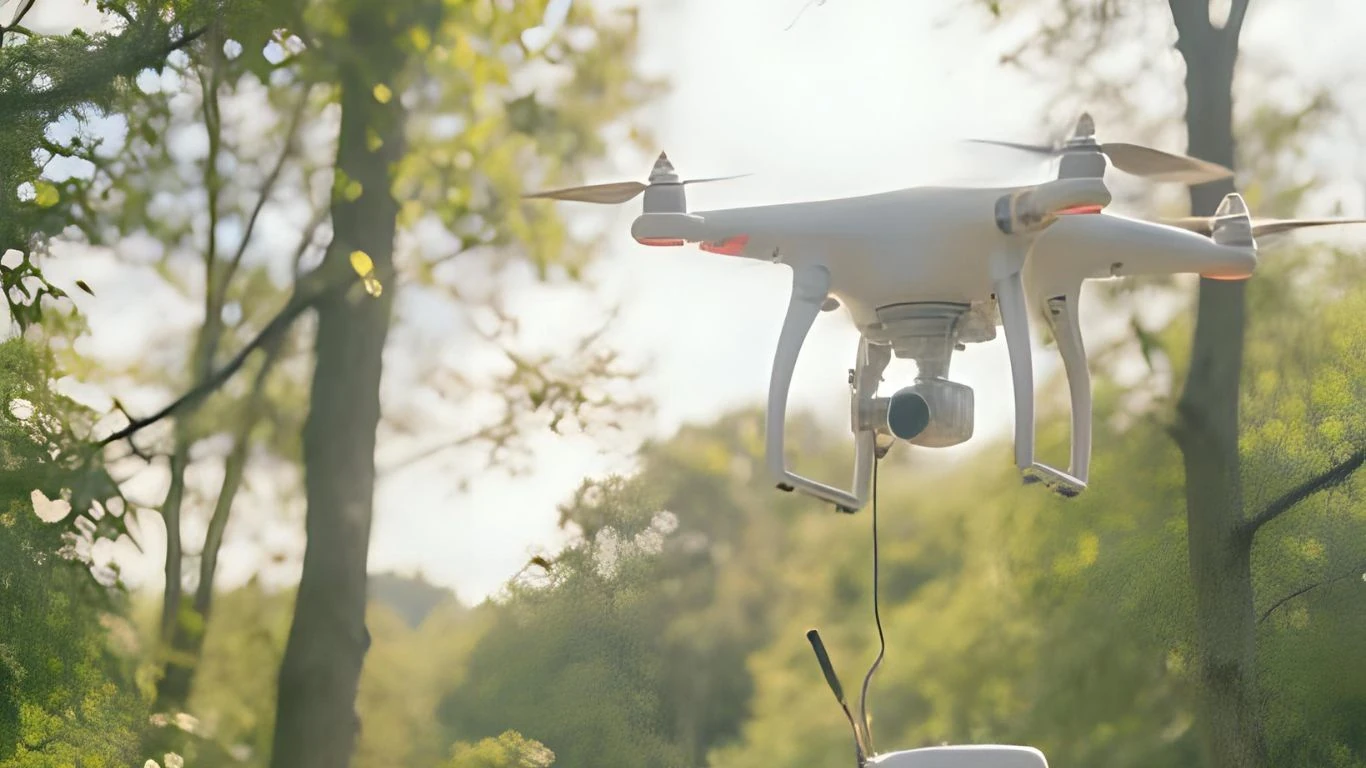

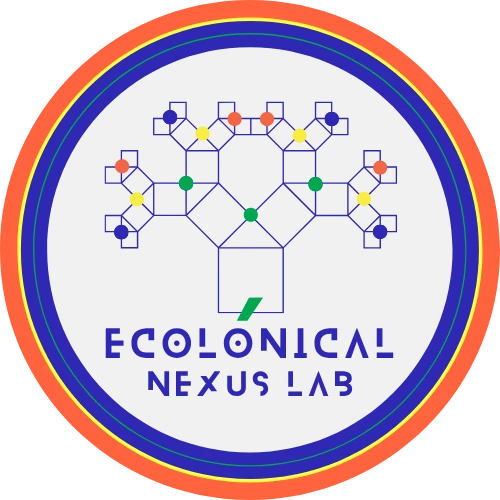

Leave a Reply